
A discussion of Michael Giacchino’s work on the film and the themes the music conveys and supports for the film.
You May Also Like


“White Boy Rick”, as he was called, was a novelty: A white teenager seemingly running a major inner-city drug operation. In May of 1987, 17-year-old Richard Wershe Jr. was charged with a non-violent, juvenile drug offense. By the time of his arrest he was already a Detroit legend, frequently making front-page headlines and leading the local television news. In this film, gangsters, hit men, journalists and federal agents struggle to explain why he remains in prison at nearly 50 years old. The possible explanation is more stunning than the crimes Wershe was alleged to have committed.
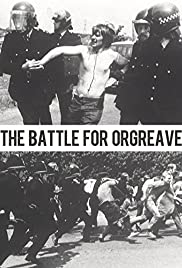
‘The Battle of Orgreave’ intercuts dramatic photographic stills from the clashes in 1984 with footage of the clashes re-enacted in 2001, together with moving and powerful testimonies, to tease out the complexities of this bitter struggle.

The documentary begins when the fictionalized drama ends. Sara spent three years volunteering to save refugees on the same journey that made her so famous, and was suddenly arrested in Aug. 2018, accused by Greek authorities of running a criminal enterprise with charges including “international espionage and people smuggling.” If convicted, she faces up to 25 years in prison and the end of her humanitarian career. Shot over three years, the film follows Sara’s fight for justice and journey of self-discovery.
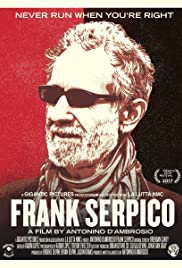
As an NYPD officer in the late 60s and early 70s, Frank Serpico blew the whistle on the corruption and payoffs running rampant in the department, was shot in the face during a drug arrest, and most famously became the subject of Sidney Lumet’s classic film SERPICO. Forty-plus years later, Serpico talks about his Southern Italian roots and upbringing, his time as an undercover officer, and his post-NYPD life in Europe and ultimately upstate New York. Adding their own recollections are his fellow officers, childhood friends, his West Side neighbors, and his admirers such as writer Luc Sante and actor John Turturro. With unprecedented access to its subject and augmented by original music by Jack White and an original score by Brendan Canty of Fugazi, Antonino D’Ambrosio creates a memorable, powerful portrait of an always-committed public servant who still walks the walk in his very own unique way.

When the immigrants came to America, their cultures entered the “great melting pot.” In Michigan’s Upper Peninsula Finnish immigrants mixed their musical traditions with many other cultures, creating a sound that was unique to the “Copper Country.”

Prince William, now Prince of Wales, first-born son of King Charles III and Diana, Princess of Wales, has always been in the spotlight. Born second in line to the throne – he was destined for a life of duty, and of service. Following the death of his dearest and most revered grandmother, Queen Elizabeth II, Prince Williams’ father, now Charles III, ascended to the throne and Prince William took the title of Prince of Wales. His Royal Highness, Prince William is now second in line to the throne, but he has his work cut out, following in his father’s footsteps, and keeping up the tradition of duty and hard work.His destiny is to inherit the crown and succeed to the throne. But how does a Prince prepare to become King?

From a chance meeting to a tragic fallout, Malcolm X and Muhammad Ali’s extraordinary bond cracks under the weight of distrust and shifting ideals.

Gromit finds himself being pushed out of his room and home by a new lodger who is actually a ruthless criminal (and a small penguin). The penguin is planning a robbery and needs to use Wallace and his mechanical remote controlled trousers to pull off the raid. However, Gromit is wise to the penguin and comes to the rescue.
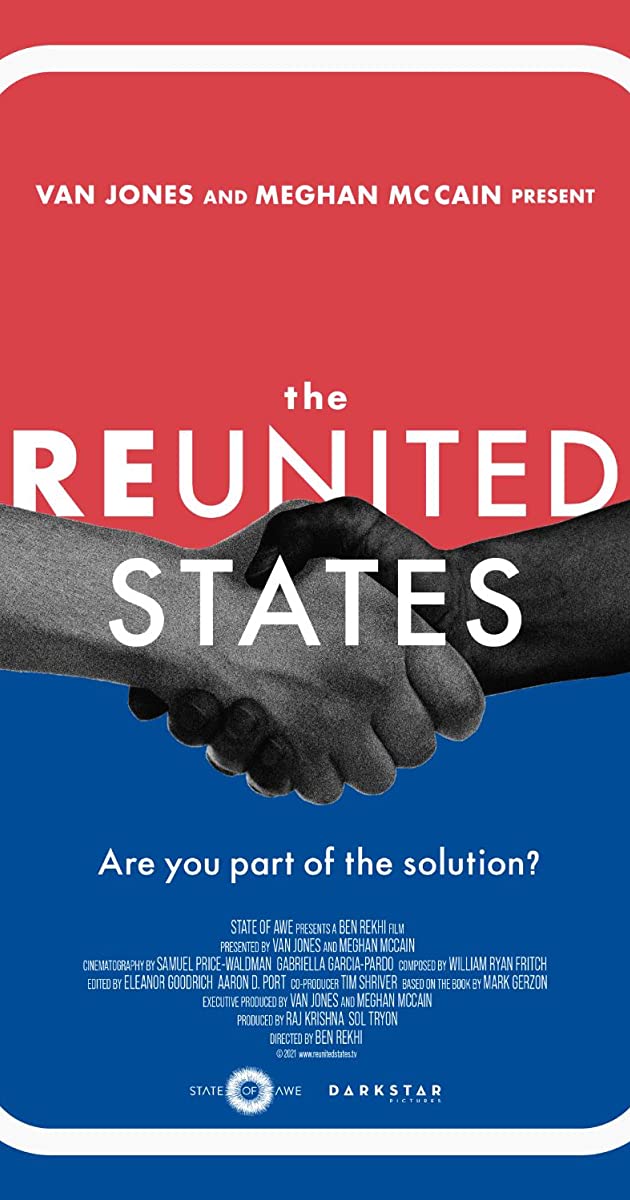
Follow four Americans as they travel the country in an effort to bridge political division. From Susan Bro, reluctantly called to activism after losing daughter Heather Heyer in Charlottesville, to Milwaukeean Steven Olikara, founder of the Millennial Action Project, they all seek to mend division and find the human bond that crosses the aisles of our partisan nation. This film is a balm before Election Day, reminding us that even within division, connection is possible.
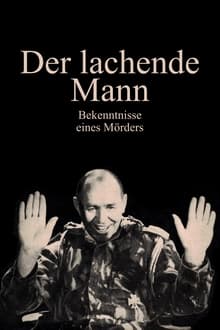
Continually smiling or laughing, this man, a self-acknowledged Nazi, proudly reveals that he went to the Congo to save Western civilization from Bolshevism — to complete the work of the Nazis. Dressed in his military jungle uniform (with his Second World War decorations) he waxes eloquent about the “colors” of South Africa, “explains” apartheid, and freely discusses his “adventures”. Shots of corpses, tortures, and executions of Blacks are intercut. It is not often that one can see and hear a real, “live” Nazi in action, talking (more or less) freely because he presumed him-self to be among friends instead of with two of the most cleverpolitical propagandists of our time, working for the other side.
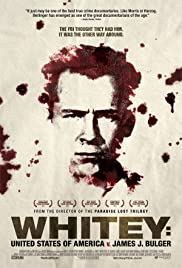
WHITEY: United States of America v. James J. Bulger captures the sensational trial of infamous gangster James ‘Whitey’ Bulger, using the legal proceedings as a springboard to explore allegations of corruption within the highest levels of law enforcement. Embedded for months with Federal Prosecutors, retired FBI and State Police, victims, lawyers, gangsters and journalists, Academy Award-nominated filmmaker Joe Berlinger examines Bulger’s relationship with the FBI and Department of Justice that allowed him to reign over a criminal empire in Boston for decades. Pulling back the curtain on long-held Bulger mythology, the film challenges conventional wisdom by detailing shocking, new allegations. With unprecedented access, Berlinger’s latest crime documentary offers a universal tale of human frailty, opportunism, deception, and the often elusive nature of truth and justice.